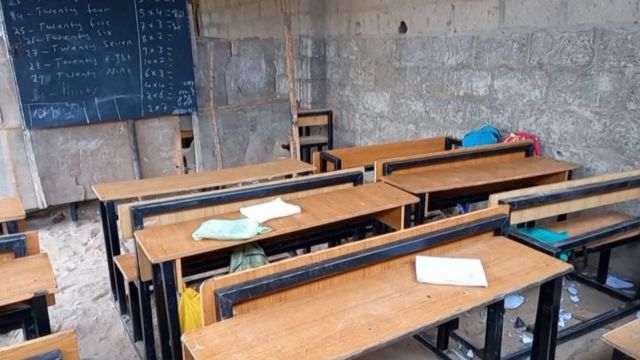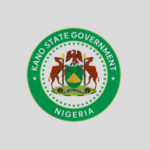The National Board for Arabic and Islamic Studies (NBAIS) has called for the compulsory learning of religion at all levels of Nigeria’s educational system, including tertiary institutions.
This is contained in the communique of a two-day stakeholders’ national conference with the theme “The Role of Arabic and Islamic Education in advancing Peace and Harmony in Nigeria” organised by the board and the Al-Ansar foundation.
- JUST IN: Police arrest more suspects over murder of Super TV CEO
- Touching story of how a Kano bride turned widow 48 hours after wedding
It was jointly signed by the Chairman and Secretary of the communique drafting committee, Prof. Muhammad Umaru Ndagi, and Dr. Abubakar Kawu Hassan respectively.
“The learning of religion should be made compulsory at all levels of Nigeria’s educational system including tertiary institutions. NBAIS should be part of government decision-making process in regulating preaching activities in the country,” the communique said.
They also said that it has become imperative to regulate the operations of Almajiri/Tsangaya schools in the country, adding that a large section of the rural population in Nigeria has limited access to quality education.
“There are misconceptions and mis-information among Nigerians about the general utility of Arabic and Islamic education in Qur’anic and Western schools. Arabic and Islamic education could be used to effectively achieve peace and harmony in Nigeria,” the communique read.
Participants also lamented that the non-passage of the Bill for the establishment of NBAIS is inhibiting the board from realising the objectives for which it was established and therefore urged the Federal Ministry of Education to expedite action in concluding the process of forwarding NBAIS Draft Bill to the National Assembly for necessary actions.
The conference attended by a total of 2,100 participants from institutions of higher learning and Qur’anic schools across the country was also attended by the Sultan of Sokoto and President-General, Nigeria Supreme Council for Islamic Affairs (NSCIA), Alhaji Muhammad Saad Abubakar III among other dignitaries.
Four commissioned papers were separately presented by Prof. Afiz Oladosu, Dean of Faculty of Arts, University of Ibadan; Prof. Salisu Shehu, Vice Chancellor, Al-Istiqama University, Sumaila, Kano; Prof. Bashir Galadanci, Dean of School of Postgraduate Studies, Bayero University, Kano; and Dr. Muhammad Sani Idris, Commissioner for Education, Yobe State.

 Join Daily Trust WhatsApp Community For Quick Access To News and Happenings Around You.
Join Daily Trust WhatsApp Community For Quick Access To News and Happenings Around You.


